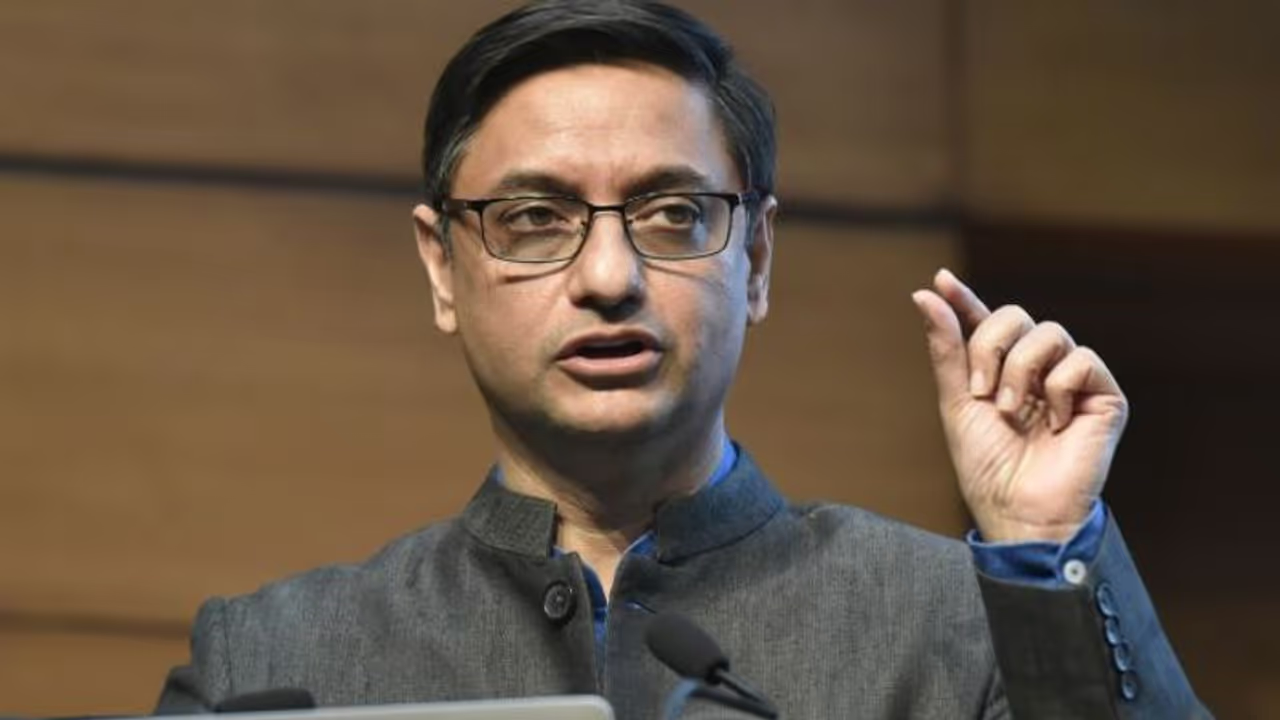The paper, titled 'Why India does poorly on global perception indices', highlights that the common thread in all these indices is that 'they are derived from the perceptions or opinions of few experts'.
One way to respond to the noticeable trend in recent years wherein opinion-based global indices point towards a decline in India's rankings over subjective issues such as democracy, press freedom, etc., is to ignore them as mere opinions. This viewpoint has been put forth by Sanjeev Sanyal, who is part of the Economic Advisory Council (EAC) to Prime Minister Narendra Modi.

Sanyal has co-authored a working paper by EAC Deputy Director Aakanksha Arora that investigates three well-known western think tanks and found "laughably shallow and opaque methodologies".
Also Read: India at the helm of G20: Opportunity and challenge
"The clout of a tiny cabal of Western think tanks in this space is a form of neo-colonialism. It needs to be challenged," Sanyal said while expressing concern that these opinion-based indices are 'inputs into the World Bank's World Governance Indicators (WGI) that, in turn, have approximately 18-20 percentage weightage in sovereign ratings'.
The paper examines three indices that are almost entirely perception-based but used by the WGI: Freedom in the World Index, Economist Intelligence Unit (EIU) Democracy Index and V-DEM.
The paper, titled 'Why India does poorly on global perception indices', highlights that the common thread in all these indices is that 'they are derived from the perceptions or opinions of few experts'.
'These institutions do not provide any transparency on how the experts were chosen or even their nationality or expertise (except in the case of V-DEM, where they clarify that they chose some experts from each country from different fields). For instance, the Freedom House report mentions that report is produced by a team of in-house staff/analysts/consultants, external analysts, and expert advisers from the academic, think tank, and human rights communities. The expertise and nationality of the experts are unclear in the report,' the paper said.
At the same time, 'these indices are based on a set of questions. The questions are subjective in nature. Generic questions can be answered very differently by experts. Hence, simply providing the same questions for all countries does not mean getting comparable scores for different countries. Further, scores can be impacted by the way the questions are framed. For instance, if an ostensibly reasonable question like 'Is the head of state democratically elected?' is added to the list of questions, it would immediately negatively affect countries such as the UK, Denmark, Sweden, Norway, Belgium and the Netherlands as these countries are constitutional monarchies. Most readers will agree that asking such a question is not unreasonable in an index trying to assess the democratic situation in a country,' Sanjeev and Aakanksha highlighted.
The experts said their analysis of the annual Freedom House reports shows that 'they cherry pick some issues and use some media reports to make the judgement'.
Sanjeev and Aakanksha wrote that there are serious problems with the methodology used in these perception-based indices, mainly since they are primarily based on a tiny group of unknown 'experts' opinions. At the same time, certain questions used by these indices are inappropriate measures of democracy across all nations.
Suggesting remedial measures, the paper noted that the Indian government should reach out to the World Bank and seek greater accountability and transparency from these indices. At the same time, the monopoly of a handful of western institutions needs to be broken by encouraging independent Indian think tanks to do similar perception-based indices for the world, the report concluded.
Also Read: 'Make in India is a critical national necessity; foreign OEMs have accepted it'
